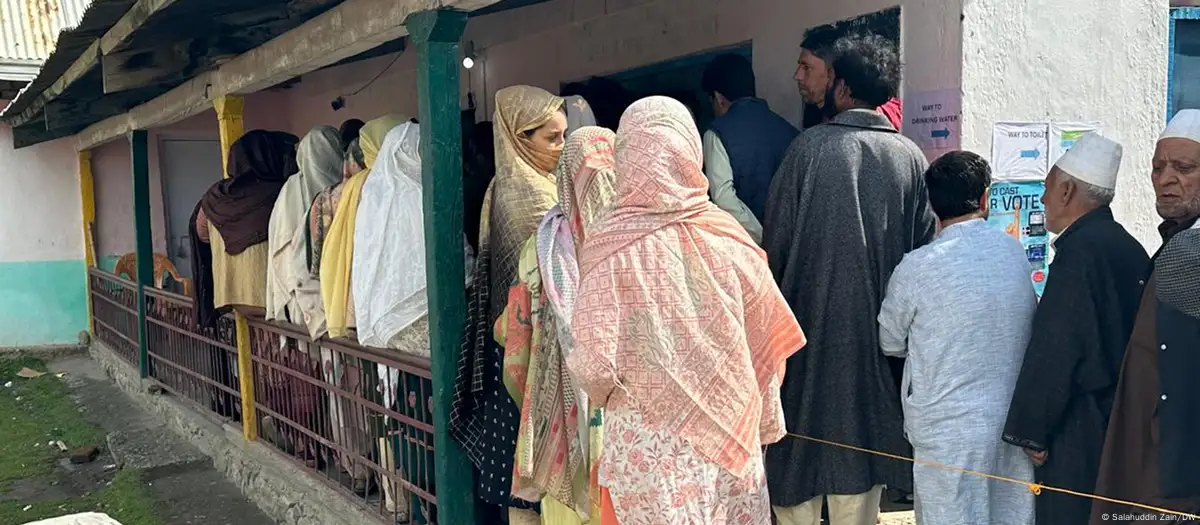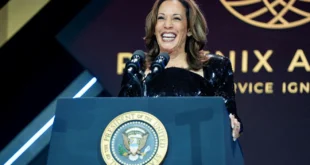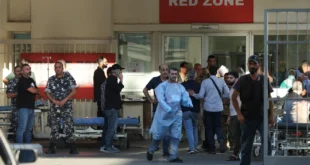Jammu and Kashmir Election Sparks Hope in Restive Region

The upcoming elections in Jammu and Kashmir, the first since the revocation of the region’s special status in 2019, are seen as a pivotal moment in the history of the region. After years of political uncertainty, unrest, and security challenges, the elections have ignited a sense of cautious optimism among many residents, political leaders, and observers. The hope is that these elections will pave the way for greater political stability, local governance, and economic development in a region that has long been fraught with turmoil.
Background: The Revocation of Article 370
In August 2019, the Indian government made a historic decision to revoke Article 370 of the Indian Constitution, which had granted Jammu and Kashmir a special autonomous status. This move effectively stripped the region of its autonomy, bifurcated the state into two Union Territories—Jammu & Kashmir and Ladakh—and led to widespread unrest, a communications blackout, and the detention of several local political leaders.
The government’s rationale behind the decision was to fully integrate Jammu and Kashmir into India, streamline governance, and boost economic development. However, for many residents of the region, the loss of autonomy was seen as a betrayal and an attempt to change the region’s demography and political identity. The aftermath saw curfews, lockdowns, and an increase in military presence, further deepening the sense of disenfranchisement among large sections of the population.
The Significance of the Elections
These elections represent the first real opportunity for the people of Jammu and Kashmir to re-engage with the political process and have a say in how they are governed. Many in the region view the elections as a critical step toward restoring democratic processes, local leadership, and representation in decision-making.
For the Indian government, the elections are seen as a validation of their decision to revoke Article 370. Officials argue that free and fair elections will bring about political stability and allow the region to focus on development and economic growth. Prime Minister Narendra Modi’s government has emphasized that the elections will mark the beginning of a new chapter for Jammu and Kashmir, one marked by peace, progress, and prosperity.
The elections are also significant in terms of regional and international optics. The outcome will be closely watched by neighboring countries like Pakistan, which has historically claimed Jammu and Kashmir, as well as by international observers who have expressed concern over human rights issues in the region.
Political Parties and Key Issues
A wide range of political parties are vying for power in the upcoming elections, including national parties like the Bharatiya Janata Party (BJP) and the Indian National Congress (INC), as well as regional parties like the Jammu and Kashmir National Conference (NC) and the People’s Democratic Party (PDP). Each of these parties has a different vision for the future of Jammu and Kashmir, with some calling for the restoration of special status, while others focus on issues like unemployment, development, and infrastructure.
For many voters, local governance is a key issue. With the region having been under direct rule from New Delhi for several years, many residents feel that local issues like water supply, electricity, education, and healthcare have been neglected. The hope is that a return to local governance will bring more attention to these bread-and-butter issues, improving the quality of life for ordinary citizens.
Unemployment is another major concern. Jammu and Kashmir has one of the highest unemployment rates in India, particularly among young people. This has contributed to feelings of frustration and disillusionment, with many young people questioning their future in the region. Several political parties have promised to prioritize job creation, investment, and entrepreneurship to address this pressing issue.
Security remains a top priority as well. Jammu and Kashmir has long been plagued by militancy, with periodic violence and clashes between separatists and security forces. While the region has seen a reduction in insurgent activities in recent years, the security situation remains fragile. Many residents hope that the elections will help stabilize the region and lead to a long-term peace.
Cautious Optimism Among the People
For many in Jammu and Kashmir, the elections represent a chance for change, though there is a sense of cautious optimism. Some residents, particularly in the Kashmir Valley, remain skeptical of the government’s intentions and the broader political process. They fear that the elections may not bring about any meaningful change and could simply be a way for the Indian government to legitimize its control over the region.
However, others see the elections as an opportunity to voice their concerns and to push for a return to normalcy. Local leaders have urged people to participate in the elections, emphasizing that this is their chance to have a say in how the region is governed. The elections offer a glimmer of hope that a new political leadership could address long-standing issues like unemployment, infrastructure, and governance, while also working toward restoring peace and stability.
Many young people in the region are particularly eager for change. They see the elections as a way to break the cycle of violence and instability that has characterized much of their lives. For them, the elections represent a chance to build a future in which they can live peacefully, pursue education and careers, and have opportunities that were previously denied to them.
Challenges Ahead
Despite the optimism surrounding the elections, several challenges remain. The security situation, though improved, is still precarious, and there are concerns that violence could erupt during the election period. Additionally, the political environment is deeply polarized, with some parties calling for the restoration of Article 370 and others opposing any return to the region’s former status.
There is also a broader question of how much power an elected government will actually have in Jammu and Kashmir, given that the region is now a Union Territory and much of its governance is controlled by the central government in New Delhi.
Finally, the elections will not necessarily resolve the underlying tensions between different communities in the region. Jammu and Kashmir is a diverse region with a mix of religious and ethnic groups, each with its own set of grievances and aspirations. Navigating these complexities will be a major challenge for whichever party or coalition comes to power.
Conclusion
The upcoming elections in Jammu and Kashmir are a critical moment for the region and for India as a whole. They represent a chance to restore democratic governance, address pressing local issues, and move toward peace and stability. While challenges remain, the elections have sparked a sense of hope that the region may finally be able to turn a corner after years of unrest. The road ahead will not be easy, but for many in Jammu and Kashmir, these elections offer a glimmer of possibility for a better future.


